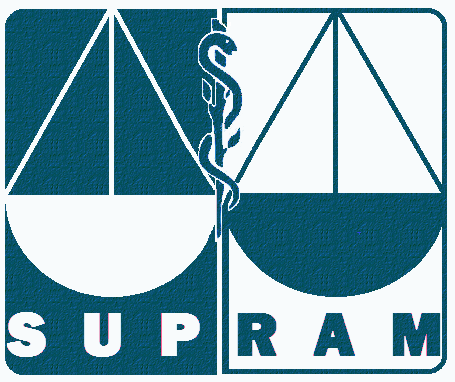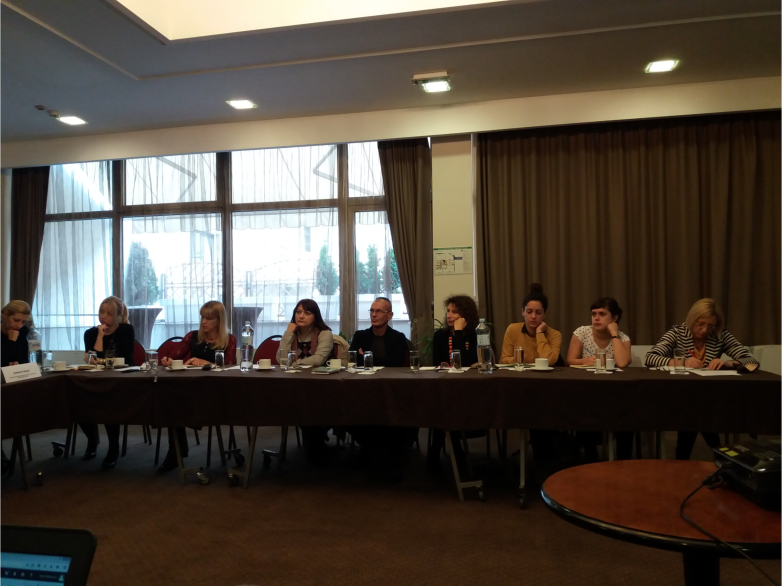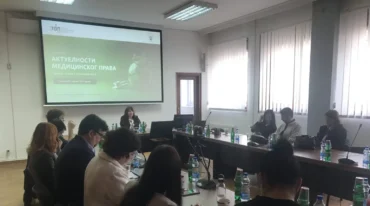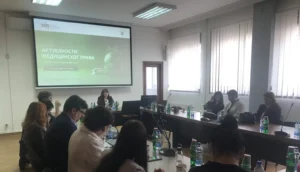Round table “Autonomy and decision-making of persons with disabilities in the context of health care”
The Association of Lawyers for Medical and Health Care Law of Serbia (SUPRAM) in cooperation with the Office of the Protector of Citizens organized a round table entitled “Autonomy and decision-making of persons with disabilities in the context of health care” at the Park Hotel in Belgrade on October 26, 2017. The round table was attended by experts working in public institutions in the field of health and social care, representatives of international institutions, non-governmental sector, as well as experts from scientific organizations. Miloš Janković, Deputy Protector of Citizens for the Rights of Persons Deprived of Freedom, and Head of the National Mechanism for the Prevention of Torture spoke about the basic principles of autonomy of will from the aspect of accommodation and adequate medical treatment of persons with disabilities. The protection of the rights of persons with disabilities, especially persons with mental disabilities from the point of view of international human rights law and in the context of decision making in the health care system, was the subject of the presentation by Milan M. Marković, human rights adviser of the United Nations Organization in Serbia, while dr. Tatjana Voskresenski, director of the Special Psychiatric Hospital in Vršac spoke about the situation, problems and perspectives the improvement of the health care of persons with mental disorders in psychiatric institutions in Serbia. Dr Marta Sjeničić, senior research associate at the Institute of Social Sciences and the president of SUPRAM presented the preliminary results of the project and research entitled “Providing health care for people with mental disorders in accordance with human rights standards”. Dragana Ciric-Milovanović, director of the Initiative for the Rights of Persons with Disabilities (MDRI), and Biljana Petrović, executive director of the International Network of Assistance (IAN), spoke about the role and significance of civil society organizations in the supervision and realization of rights and treatment of persons with disabilities in health care, while Jelena Unijat, secretary of the National Preventive Mechanism for the Prevention of Torture, argued about the mechanisms of supervision in the health care system of
persons with disabilities taking into account the experience of the National Mechanism for the Prevention of Torture. Participants agreed that starting from the current situation in this field, it is necessary to work on improving existing mechanisms for exercising and protecting the right to health care and adapting them to the individual needs of persons with disabilities in Serbia. In addition, it has been pointed out the importance of real implementation of existing standards in the context of exercising the right to health care of persons with disabilities in practice.






